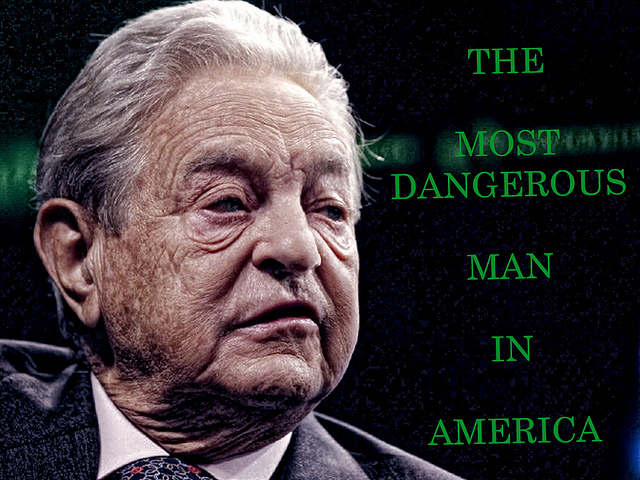RNC/GOP Corruption 2012
[ Very sad state
of affairs. When the party that professed Christian values throughout the
speeches allowed anything but Christian actions and behavior to prevail. Jana
]
Mahatma Gandhi and Christianity
by Dibin Samuel
Posted: Thursday, August
14, 2008, 23:50 (IST)
If not Mohandas Karamchand Gandhi, the Indian Independence struggle would have
taken longer with more blood shed, division and war. When senior leaders of the
Hindu political groups urged Gandhi to respond 'violence with violence' and
'sword with sword', he opposed insisting and exhorting the path of non–violence
and peace, which was Gandhi's biggest sword to combat the trained and fully
equipped forces.
For sure this great man is one of the most respected leaders of modern history,
for not only his life, but also his ideals and his message to the people.
Although Hindu, Gandhi
had a very close connection with Christianity and admired Jesus very much,
often quoting from his
favorite 'Sermon on the Mount' chapter in Mathew 5–7.
When the missionary E. Stanley Jones met with Gandhi he asked him, "Mr.
Gandhi, though you quote the words of Christ often, why is that you appear to
so adamantly reject becoming his follower?"
Gandhi replied, "Oh, I don't reject Christ. I love Christ. It's just
that so many of you Christians are so unlike Christ."
“If Christians would really live according to the teachings of Christ, as
found in the Bible, all of India would be Christian today,” he added.
Gandhi's closeness with
Christianity began when he was a young man practicing law in South Africa. Apart
from being attached with the Christian faith, he intently studied the Bible and
the teachings of Jesus, and was also seriously exploring becoming a Christian,
which led him to his discovery of a small church gathering in his locality.
These strongly entrenched
Biblical teachings have always acted a panacea to many of India's problems
during its freedom struggle.
After deciding to attend the church service in South Africa, he came across
a racial barrier, the church barred his way at the door. "Where do you
think you're going, kaffir?" an English man asked Gandhi in a belligerent
tone.
Gandhi replied,
"I'd like to attend worship here."
The church elder snarled at him, "There's no room for kaffirs in this
church. Get out of here or I'll have my assistants throw you down the
steps."
This infamous incident
forced Gandhi to never again consider being a Christian, but rather adopt what
he found in Christianity and its founder Jesus Christ.
In a speech to Women Missionaries in 28 July 1925, he said, “…although I am myself not a
Christian, as an humble student of the Bible, who approaches it with faith and
reverence, I wish respectfully to place before you the essence of the Sermon on
the Mount...There are thousands of men and women today who, though they may not
have heard about the Bible or Jesus have more faith and are more god fearing
than Christians who know the Bible and who talk of its Ten
Commandments..."
To a Christian
missionary Gandhi once said,
“To live the gospel is the most effective way most effective in the beginning,
in the middle and in the end. …Not just preach but live the life according to
the light.... If, therefore, you go on serving people and ask them also to
serve, they would understand. But you quote instead John 3:16 and ask them to
believe it and that has no appeal to me, and I am sure people will not
understand it...the Gospel will be more powerful when practiced and preached.”
“A rose does not need to preach. It simply spreads its fragrance. The
fragrance is its own sermon…the fragrance of religious and spiritual life is
much finer and subtler than that of the rose.”
In many ways Gandhi was right, the intense proselytization by Christian
missionaries in India through force and allurement forced him to make many
scathing statements against Christian missionaries, which several times
inspired them to retrospect and change the way of approach in ‘Evangelism’.
"If Jesus came to earth again. He would disown many things that are
being done in the name of Christianity," Gandhi said during his
meeting with an English missioner.
Here I am remembered of Sadhu Sundar Singh who is said to have done more to
"indeginize" the churches of India than any figures in the twentieth
century.
"You have offered us
Christianity in a Western cup... Give it to us in an Eastern bowl and we will
drink of it," is a famous statement by Singh, who
converted from Sikh to Christianity after his personal experience with Jesus,
who appeared in his room on one morning in the year 1905, when he was just
fifteen years old.
Stanley Jones once asked Gandhi: “How can we make Christianity naturalized in
India, not a foreign thing, identified with a foreign government and a foreign
people, but a part of the national life of India and contributing its power to
India’s uplift?"
Gandhi responded with great clarity, "First, I would suggest that all
Christians, missionaries begin to live more like Jesus Christ. Second, practice
it without adulterating it or toning it down. Third, emphasize love and make it
your working force, for love is central in Christianity. Fourth, study the
non–Christian religions more sympathetically to find the good that is within
them, in order to have a more sympathetic approach to the people."
Mahatma Gandhi truly was the pioneer of Satyagraha—resistance to tyranny
through mass civil disobedience, firmly founded upon ahimsa or total
non–violence—which led India to independence and inspired movements for civil
rights and freedom across the world.
He is officially honored in India as the Father of the Nation; his birthday, 2
October, is commemorated in the country as Gandhi Jayanti, a national holiday,
and worldwide as the International Day of Non–Violence.
http://in.christiantoday.com/articledir/print.htm?id=2837














